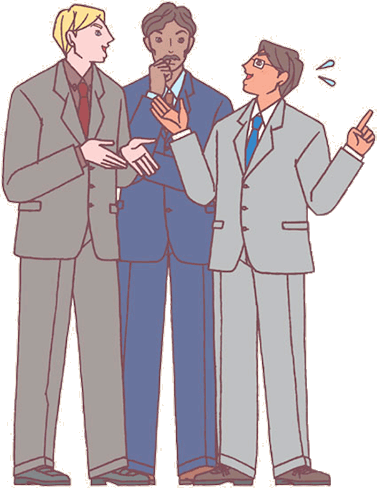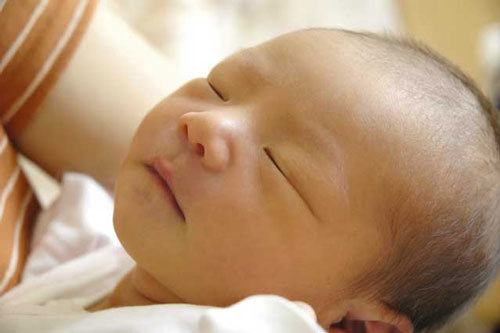We never think about idioms in our own language, but to non-native speakers, learning the meanings of phrases like “to leave no stone unturned” or “to stick your neck out for someone” is a real challenge. There are idioms in Japanese, too, including a whole sub-category that have to do with parts of the body. The phrase koshi ga hikui (lit. “one’s lower back is low, near to the ground”) means a person who is very humble and always apologizing, a good thing in the context of Japan, but shiri ga aoi (“one’s rear end is blue”) means they’re too young or lack experience since babies born in Asia have a blue spot on their rear ends until the age of two or so. If someone can’t keep a secret they are kuchi ga karui (“their mouth is too light”), but if they are kuchi ga umai (“their mouth is skilled”) then they’re good at making jokes or getting others to agree with them. The eyes in Japanese are called me (pronounced “meh”), and some idioms that make use of eyes include me ga takai (lit. “your eyes are high”), meaning someone with very high standards, and me ga ten ni natta (“my eyes became little black dots”), meaning, I was so surprised, my face looked like a character out of a manga.
















